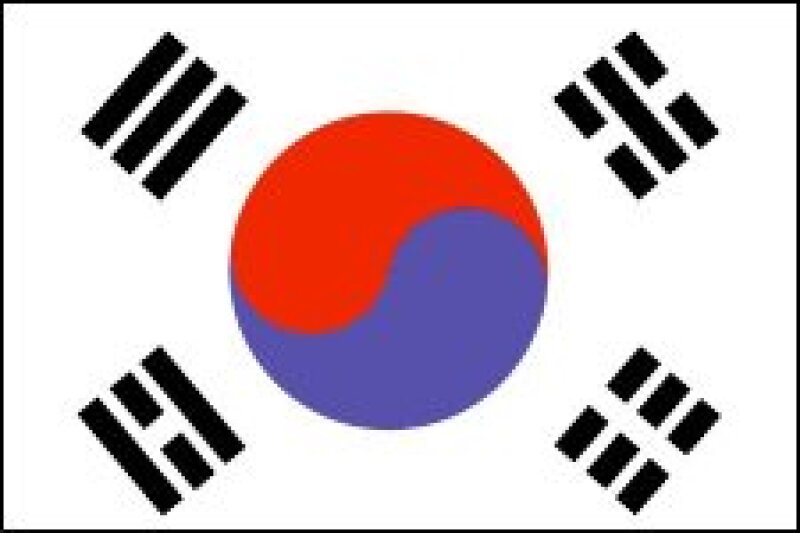
The Korean Customs Service (KCS) introduced the Advance Customs Valuation Arrangement (ACVA) on January 1. This is an APA regime for customs purposes under which the KCS can approve an importer’s transfer pricing method to determine the transaction value of goods purchased from its foreign related parties. The relevant KCS notice provides the details regarding the procedures and legal ramifications of an ACVA.
An ACVA applicant should file an application with the KCS that should include information and documents relating to the subject transfer pricing such as a supply agreement between the transactional parties, documents/analysis underlying the inter-company pricing, similar to an APA application for income tax purposes.
The KCS should complete its review of the ACVA application within one year from the filing date (this can be compared with a two-year processing period for a unilateral APA on the income tax side). During this review period, the applicant may file a provisional value of the goods at the time of import declaration and can thus avoid a penalty even if the finally approved terms of the ACVA differ from the terms proposed in the application.
Once approved, the ACVA will be effective for a period of three years during which the taxpayer will be protected from a customs audit. The taxpayer should, however, file an annual report indicating whether all approved terms of the ACVA and the critical assumptions underlying the AVCA are met. After the three-year period, the taxpayer may file a renewal application, which is expected to be simpler than the initial ACVA application/process.

The ACVA was introduced to reduce disputes with taxpayers and provide them with certainty on customs duties. However, it remains to be seen how an approved ACVA obtained by an importer would be considered by the income tax authorities when they review the inter-company pricing for income tax purposes.










